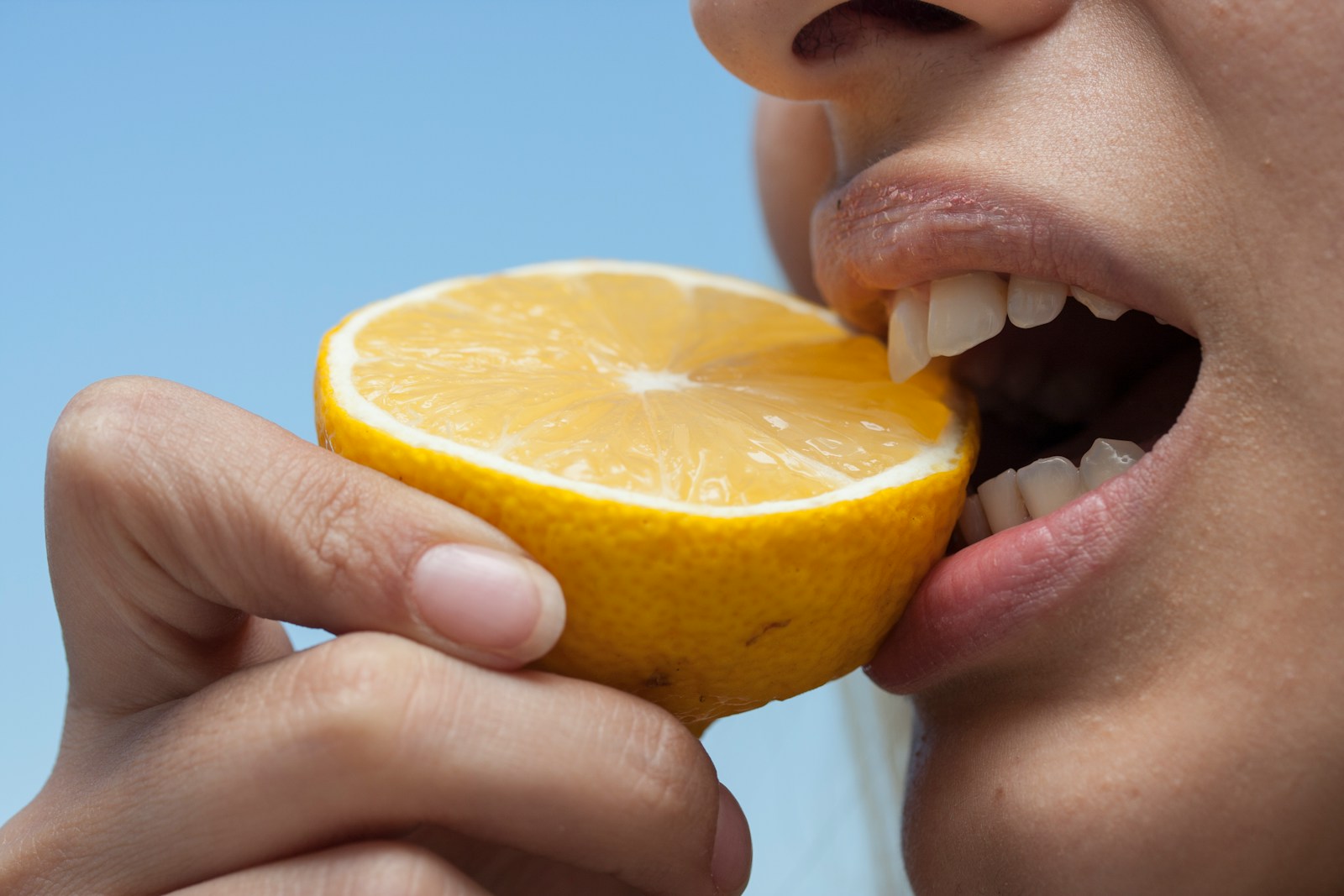You’ve probably noticed how the journey toward recovery from addiction is as unique as the people who struggle with it. There’s no one-size-fits-all answer. What works for one person might not work for someone else and it’s completely normal.
It’s one of those things that don’t just involve the individuals. The timeline is also a fact. The concept of addiction is centuries old and so is the concept of treatment.
Today, we’re looking at the evolution of drug treatment methods. Our goal is to objectively analyze how far we’ve come, from the days when the options were pretty limited, to now, when the path to recovery is rich with a variety of approaches.
Our discussion will include some aspects you might not have heard about before. Take treatments derived from plants, such as ibogaine and ayahuasca.
If this intrigues your interest, we invite you to read our whole post to get a better understanding of how this whole thing works.
The Early Days of Addiction Recovery
Let’s head back in time for a minute. The way we used to approach addiction treatment was pretty different from today.
Think of the late 19th and early 20th centuries. Back then, addiction wasn’t seen through the lens of health and recovery but more as a moral failing or a lack of willpower. As a result, treatments were more about discipline and punishment than actual healing.
It was the time when places called “inebriate asylums” popped up that aimed to cure people with addiction through a mix of confinement and moral instruction. It wasn’t the most welcoming or effective approach, to say the least.
Fast forward a bit, and the scene starts to change. The founding of Alcoholics Anonymous (AA) in the 1930s changed how the general public viewed addiction. AA was a community-based approach that introduced the idea of peer support to cure addiction. Sure, the idea was way ahead of its time but it still holds its ground.
It was groundbreaking because it treated addiction as a disease that needed ongoing management, rather than something that could be punished away.
During this era, the medical community began to play a bigger role in treatment, too. Doctors started to see the value in addressing addiction with medical interventions alongside psychological support. This was the seed for the multidisciplinary treatment models we see today.
Yet, these early days laid down the tracks for the journey toward understanding addiction as a complex condition that needs a compassionate, holistic approach. It was a rocky start, but it paved the way for the diverse and more humane treatments we have now.
Modern Drug Treatment Techniques
We’ve come a long way in addiction treatment. Of course, the advancements in medical science have accelerated drug treatment methods by a fair margin. Most modern techniques employ a more personalized approach that recognizes each person’s unique struggles to make recovery more impactful.
Most importantly, treatments today are not just about addressing the physical aspects of addiction but the emotional and psychological aspects as well.
Medication-Assisted Treatment (MAT), for example, is an interesting development that blends medications with counseling to treat substance use disorders. This method has proven to be a game-changer, especially for opioid addiction. Apparently, the treatment method helps reduce cravings and withdrawal symptoms.
Then there is the famous Cognitive-Behavioral Therapy (CBT) and Motivational Interviewing (MI).
CBT helps individuals change harmful behaviors and thoughts related to substance use, while MI boosts their motivation to change. These approaches are all about empowering individuals and giving them the tools to navigate their recovery with more confidence and control.
Of course, technology has come a long way as well. It now offers new pathways to recovery that we didn’t know existed.
Telehealth services, for example, have broken down barriers and made it easier for people to access help when they need it. They don’t even have to leave the comfort of their homes or confront other people for help.
There are apps and online platforms that offer support right at our fingertips. Whether you want to track your progress or connect with a supportive community.
This evolution reflects a broader shift towards treating addiction with a blend of compassion, innovation, and science. It’s about offering more doors for people to walk through on their path to recovery, acknowledging that the journey looks different for everyone.
Plant-Based Recovery: A New Way to Deal with an Old Problem
Now, let’s take a walk on the wild side of recovery methods, exploring the intriguing world of plant-based treatments. Ibogaine, ayahuasca, and psilocybin are names that might sound like they’re from a fantasy novel, but they’re very much rooted in reality and the subject of growing interest in the world of addiction treatment.
In case you’re not aware, Ibogaine is derived from the African iboga plant. In the past few years, it has caught the eye of researchers for its potential to drastically reduce withdrawal symptoms from opiates and other drugs. As a result, ibogaine addiction treatment is a reality in many countries, including the US.
Imagine waking up one morning with a diminished craving, or none at all. It’s surely a hopeful thought for anyone who’s been in the tough battle with addiction.
Ayahuasca is a special tea with a long history among indigenous cultures in South America. It combines plants to produce psychoactive effects. People who have joined ayahuasca ceremonies share stories of deep personal discoveries. They find new understanding and emotional clarity that helps them tackle their addiction from the ground up, something traditional therapies don’t always do.
Then we have psilocybin, the active component that can be found in what we affectionately call magic mushrooms. Recent research shows us that it has a big impact on treating depression, anxiety, and of course, addiction.
The idea here is not about escaping reality but confronting it with a new perspective that should facilitate deep personal insights and emotional healing. This can lead to deep self-discovery and emotional healing, one of the main mottos of addiction treatment in general.
Although these treatments aren’t without their controversies due to their psychoactive properties and legal issues in many places. However, the stories of transformation and healing they’re part of can’t be ignored. They open up conversations about recovery and question our usual traditional treatment approaches.


